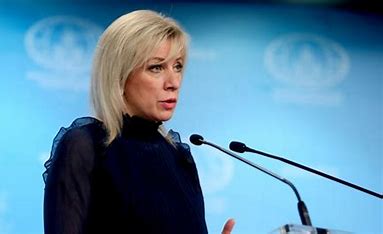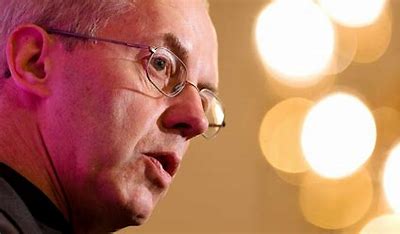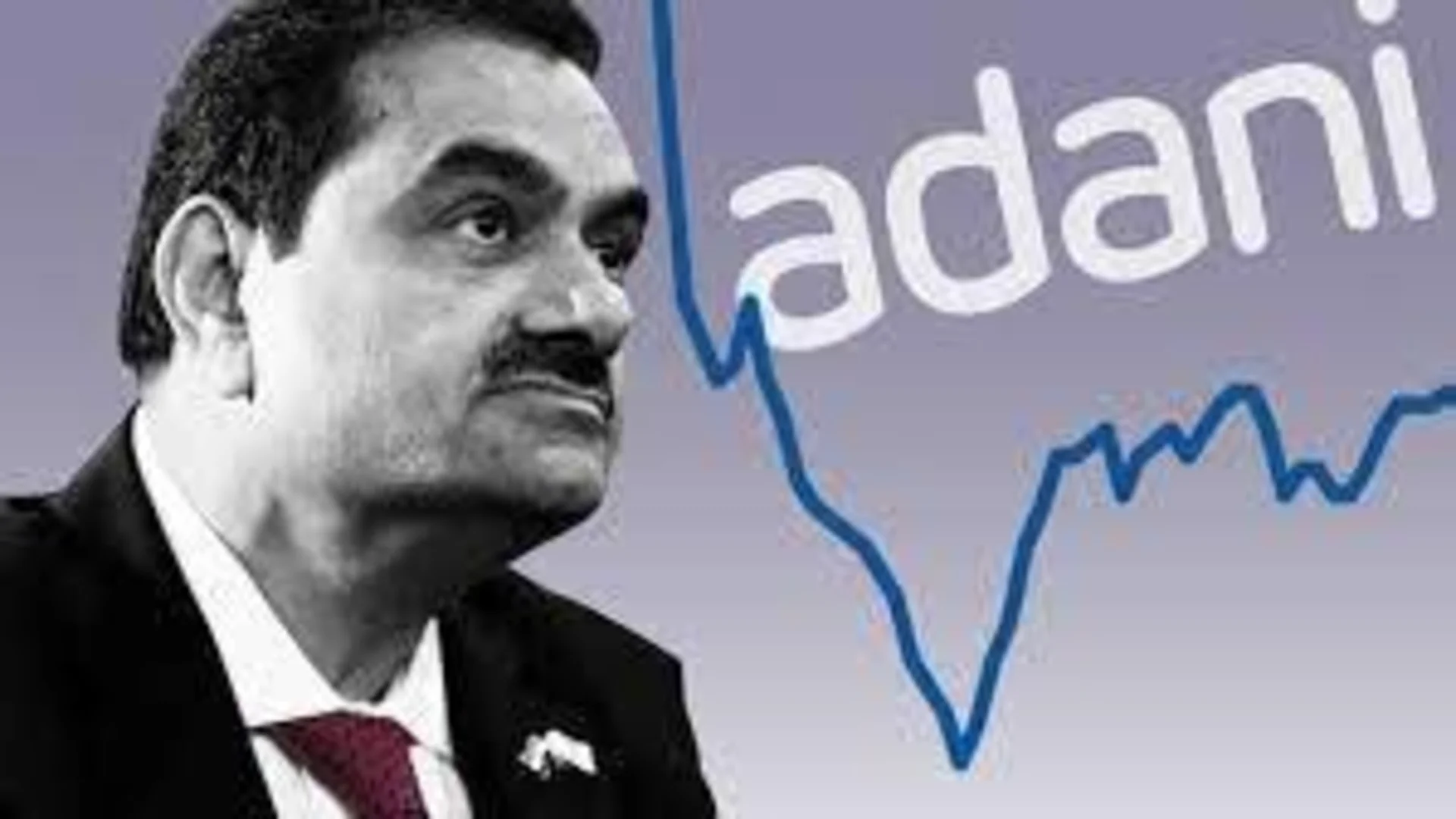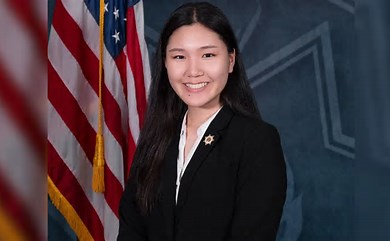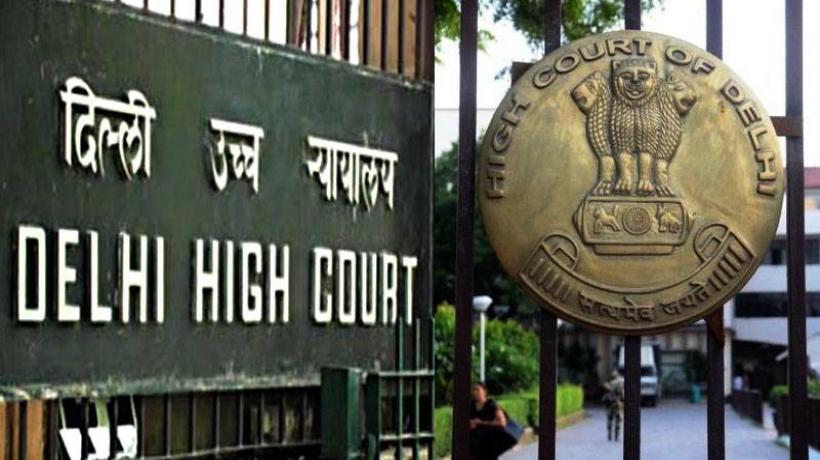
The Delhi High Court in the case Aroh Foundation Versus Commissioner Of Income Tax Exemption and Anr. observed and has held that a mere deduction of TDS by a donor on grants would not disentitle the assessee-NGO from exemption under Section 11 of the Income Tax Act. the bench comprising of Justice Yashwant Varma and Justice Purushaindra Kumar Kaurav in the case observed and as set aside the assessment order. Thus, the court allowed the petition.
The bench in the case held that the receipt for an amount of Rs. 5.90 crore shall not be treated as income and allowed the claim of the assessee under Section 11 and Section 12 of the Income Tax Act. The petitioner or assessee is a non-governmental organization and registered as a charitable institution under Section 12A, Section 12AA, and Section 80G. thus, the assessee claims to have been working for the upliftment of the poor, underprivileged children and women, health, preservation of the environment, and other social causes.
Therefore, the assessee in order to fulfill its charitable objectives received various grants from the government as well as the private sector, which is exempt from tax under Section 11 and Section 12 of the Income Tax Act. The court observed that a no point in time, except for the AY 2017–18, was the charitable status of the assessee doubted by the respondent department. Thus, the Assessment Year’s specifically the AYs 2011–12, 2012–13, 2013–14, and 2015–16, under similar circumstances, exemption as stated under Section 11 and Section 12 was granted to the assessee, and even for the subsequent AY, i.e., AY 2018–19, a similar benefit was extended.
The court observed that the benefits for the relevant AY in question have been denied merely on the ground that the donor has deducted tax at source under Sections 194C and 194J of the Act while allocating the requisite grants to the assessee. The assessee submitted before the court that neither in the assessment order nor in the revisional order, by which the revision has been dismissed, was any reason assigned to lawfully deny benefits under Section 11 and Section 12 of the Act. Further, the assesee stated that that the donor’s deduction of TDS under a particular head is not in the assessee’s control, and in any case, for a similar donation or receipt, the benefits under Section 11 and Section 12 had been conferred.
Therefore, there being no such reason to depart from a consistent approach adopted by the department itself. On the other hand, the department argued that even TDS has been deducted from those fees and receipts by the respective entities under Section 194C and Section 194J of the Income Tax Act by treating them as professional or contractual fees paid to the assessee.
Therefore, the court stated that those receipts cannot be treated as being in the nature of the voluntary contribution of the assessee. The court while considering the facts and circumstances of the case observed and has noted that there is no element of activity in the nature of trade, commerce, or business, or any activity or rendering of any service in relation to any trade, commerce, or business. Thus, in the absence of any cogent reason, receipts in question cannot be ‘advancements of any other object of general public utility’.
Accordingly, the court allowed the petition.
The counsel, Advocate Kamal Sawhney appeared for the Petitioner. The counsel, Advocate Abhishek Maratha represented the respondent.
